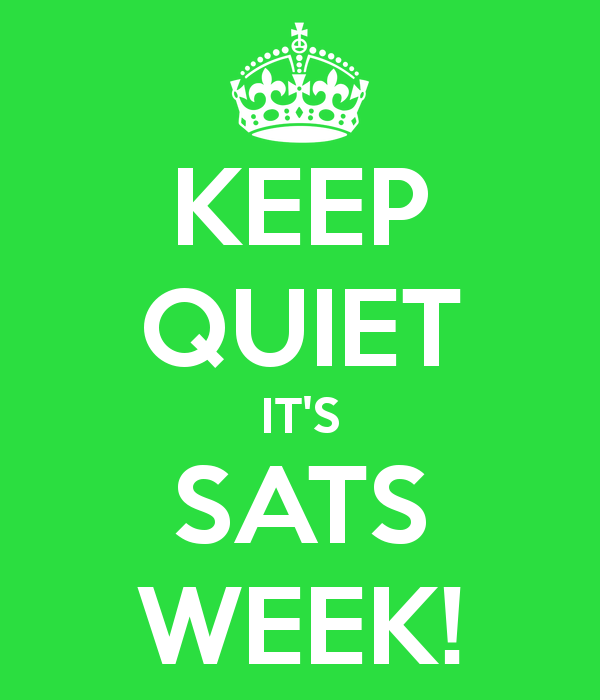 SATs, for many children, will be their first experience of a formal test or exam. Some will take it in their stride while others may feel pressure or even anxiety. Remember, every child is different and will cope in different ways. Here’s how you can support your child before and during SATs week.
SATs, for many children, will be their first experience of a formal test or exam. Some will take it in their stride while others may feel pressure or even anxiety. Remember, every child is different and will cope in different ways. Here’s how you can support your child before and during SATs week.
Helping with revision
Speak to your child and their teacher to see if there are any topics they are finding difficult or any mistakes they tend to repeat regularly, so you can try to help them overcome this at home.
Also speak to your child’s teacher to find out how much preparation they are doing within their class time. If they are spending several hours a day revising at school, you don’t want them to overdo it at home.
Make sure your child knows the correct terminology, as understanding the questions is just as important as being able to work out the answers!
Ensure your child knows they need to show their workings and also to proof read their answers if they have time. Encourage them to ‘have a go’ if they are unsure of any questions, it is better to write something than nothing.
Instead of sitting down for tests at home, practise times tables and high frequency spellings whilst on a car journey or on the way home from school – then your child can relax at home.
Your child could arrange to revise with a group of friends one evening before watching a film or enjoying a meal together.
Practical and emotional support
Talk about how your child is feeling about the tests, or encourage them to write their feelings down in a diary if they’d prefer (this will help develop their creative writing skills without even realising!) Explain that while the tests are important they are not something they need to worry about. If your child is really anxious, try describing the tests as ‘stepping stones’ or ‘practise tests’ for when they do further, more important, exams in the future. For example, when they attend job interviews they will not be asked to show their SATs results!
Make sure your child gets to sleep at a reasonable time each night and that they’ve had sufficient time to relax before going to bed. If they’ve been revising straight before bedtime they may find it difficult to switch off and could be awake for hours overthinking things.
Make sure your child eats well during SATs week, especially in the mornings. Some schools may run a breakfast club during this week to ensure children have a sufficient breakfast. If your child’s school doesn’t do this, you could arrange something yourself – either sit down for a family breakfast each morning instead of rushing around, or even invite a few friends over before school.
Most importantly, take time out to enjoy a family meal out, go for a walk together or a trip to the park. Your child may need to burn off some energy after sitting still and quiet in their classroom for so long!
There is no doubt that SATs are important and a useful tool. From them, teachers are able to really assess what level your child is working at, but what is the worst that can happen if your child gets a lower score than expected? They may go into a lower set when they start secondary school, but if they show aptitude they can always be moved up in due course. Set an example by staying calm and confident about the SATs and your child is more likely to stay calm and positive too.
Written by Helen Clarke, blogger and Mum to ‘The Princess and The Pickle’


